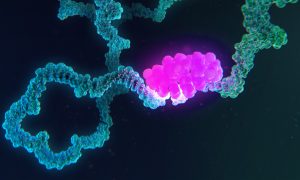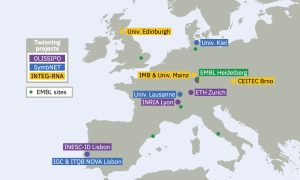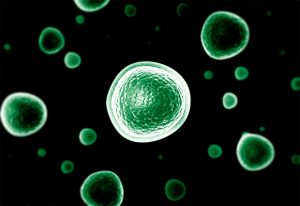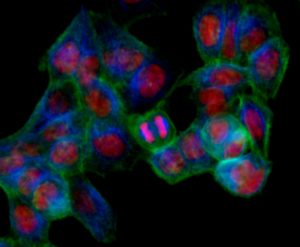No results found

EMBL scientists elected to EMBO Membership
Three EMBL group leaders and six EMBL alumni were recognised for their contributions to the life sciences.
LAB MATTERSPEOPLE & PERSPECTIVES2023
lab-matterspeople-perspectives

Research assessment reform at EMBL: an interview with Wolfgang Huber
Wolfgang Huber discusses why research assessment needs reform and how this could make science more diverse, more inclusive, and better
LAB MATTERSPEOPLE & PERSPECTIVES2023
lab-matterspeople-perspectives

Charting a multi-omic universe
A research collaboration used machine learning to map tumour molecular make-up, potentially paving way to more customised cancer treatment.
SCIENCE & TECHNOLOGY2021
sciencescience-technology

Wolfgang Huber becomes ISCB Fellow
The contribution of EMBL Group Leader and Senior Scientist Wolfgang Huber has been recognised by the International Society for Computational Biology
EMBL ANNOUNCEMENTSLAB MATTERS2021
embl-announcementslab-matters

Helping researchers identify host proteins used by coronavirus
EMBL scientists working in the groups of Matthias Hentze and Wolfgang Huber have created RBPbase – a database of RNA-binding proteins – to assist the identification of proteins that interact with the SARS-CoV-2 RNA genome.
SCIENCE & TECHNOLOGY2020
sciencescience-technology

EMBL shares expertise with four European institutes
Three international teams involving EMBL Heidelberg have been granted funding from the European Commission for three Twinning projects with institutes in Portugal and the Czech Republic.
CONNECTIONSLAB MATTERS2020
connectionslab-matters

Exploring cell identity by mapping genetic networks
ERC grantees Wolfgang Huber and Oliver Stegle share their vision for the next 10 years
SCIENCE & TECHNOLOGY2018
sciencescience-technology

Suggesting genes’ friends, facebook-style
Scientists at the European Molecular Biology Laboratory (EMBL) and the German Cancer Research Centre (DKFZ), both in Heidelberg, Germany, have developed a new method that uncovers the combined effects of genes. Published online today in Nature Methods, it helps understand how different genes can…
SCIENCE & TECHNOLOGY2011
sciencescience-technology
Re-write the textbooks: transcription is bidirectional
Genes that contain instructions for making proteins make up less than 2% of the human genome. Yet, for unknown reasons, most of our genome is transcribed into RNA. The same is true for many other organisms that are easier to study than humans. Researchers in the groups of Lars Steinmetz at the…
SCIENCE & TECHNOLOGY2009
sciencescience-technology